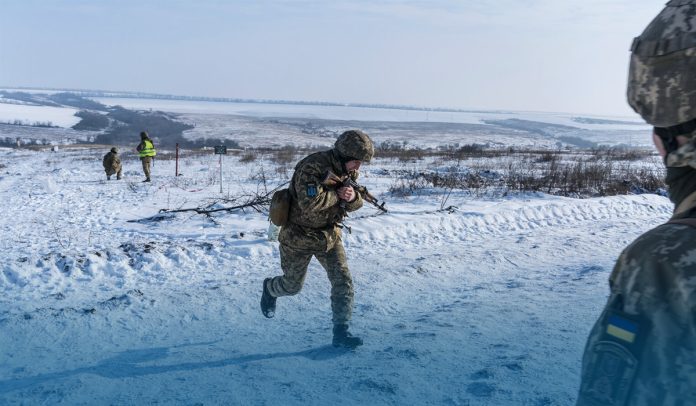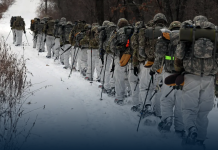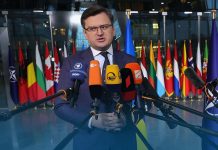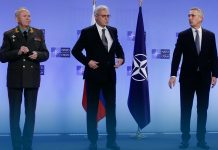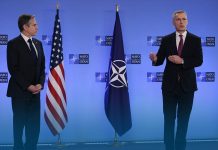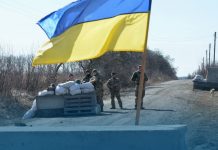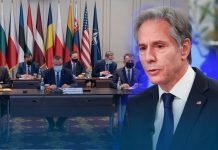On Sunday, NATO Chief Jens Stoltenberg said the intergovernmental military alliance has no aim of stationing forces in the former Soviet Republic Ukraine if Moscow invades its neighbor, but Russia said it wants more clearness on precisely what security measures North Atlantic Alliance does plan to implement in East Europe.
Stoltenberg told media that they’ve no plans to send OTAN forces to Ukraine; they’re focusing on offering support. There’s a difference between being a NATO nation and being a strong and highly appreciated partner as Ukraine.
The North Atlantic Treaty Organization has strengthened its military presence in member nations neighboring Russia in order to avoid an imminent invasion of Moscow in the former Soviet Republic with Russia’s buildup of over one hundred thousand military personnel and advanced weaponry along the Ukrainian border with Russia.
In America, John F. Kirby, the U.S. Defense Department’s chief spokesperson, told the ‘Fox News Sunday’ show that a Moscow invasion could happen at any time. He said Mr. Vladimir Putin, the Russian President, continues to build forces just along the Ukrainian border.
Furthermore, Western leaders and Joe Biden, the U.S. President, have frequently cautioned they’ll impose quick and severe economic sanctions against Russia in the possible event of an invasion. Kirby rejected imposing tough sanctions before an unwelcome Moscow invasion or specifying which Russian financial institutions the West would target. Kirby said that ‘once they try that and the deterrent effect is gone.
UNSC Will Press Russia to Justify Military Buildup Near Ukraine
Ukraine’s ambassador to America, Oksana Markarova, told ‘Face The Nation’ of CBS News that the former Soviet Republic wants sanctions imposed now against Moscow, and if Russia invades. She said that they ask both. Russia is there. Moscow unlawfully occupied Crimea. And Moscow unlawfully occupies together with their controlled people, parts of Luhansk and Donetsk territories, and they did not change their behavior during the 8-years. So yes, they believe the basis for sanctions is there.
Democratic chairman Robert Menendez, and top GOP James Risch, the legislators on the U.S. Senate Committee on Foreign Relations, told ‘State of the Union’ show that they’re near the bipartisan deal on sanctions they said would crush the economy of Russia if it attacks its neighbor.
Moreover, Linda Thomas-Greenfield, the U.S. ambassador to the U.N., said on ‘This Week’ of ABC News that the United Nations Security Council (UNSC) on 31st January will press Moscow to justify its buildup of forces across the border with Ukraine. She added that their voices are united in calling for Moscow to explain itself. In spite of some differences among NATO nations regarding how best to respond to a likely Moscow attack on Ukraine, Kirby said that they’re confident the Western military alliance is going to stay united.
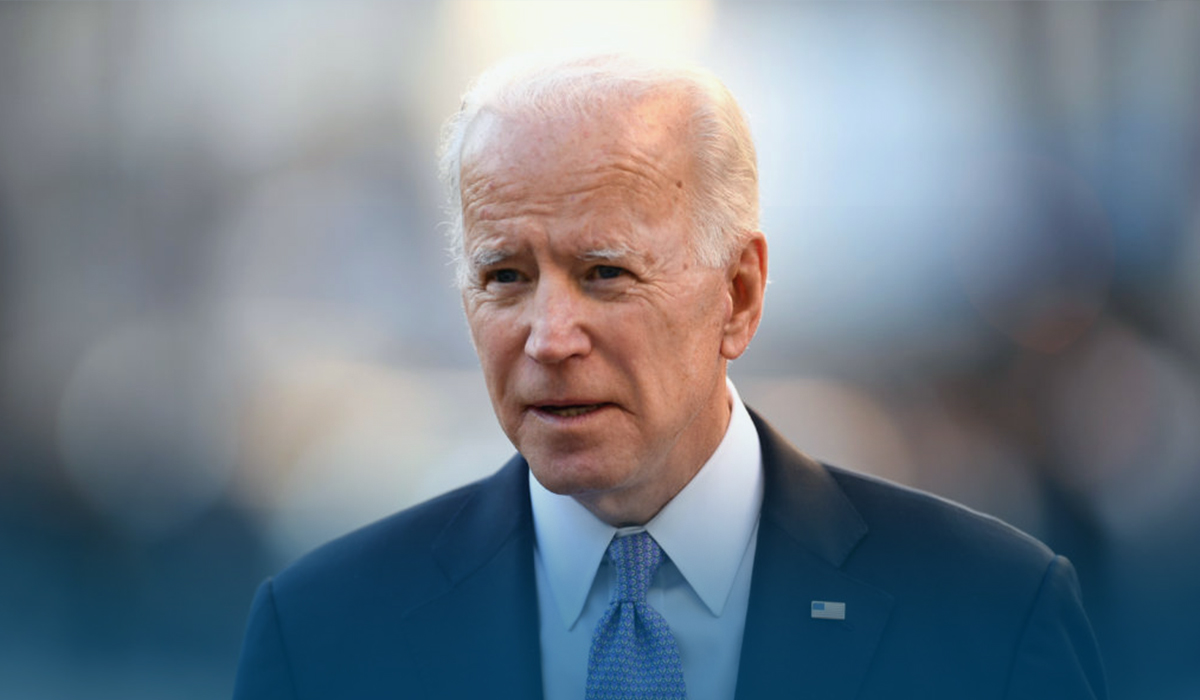
Source: Web
U.K. Planning Major NATO Troops’ Positioning
The United Kingdom said it is considering making a critical new NATO positioning as part of its plan to fortify Europe’s borders neighboring Russia.
America and several other countries have sent weapons to the Kyiv administration to support it defend itself. British, the U.K. Prime Minister, is due to make a trip to the region this week and plans to speak to the Russian leader by phone. In addition, Boris Johnson’s office said Mr. Johnson is considering doubling U.K. forces in the Baltic countries and transporting defensive weaponry to Estonia.
I want to thank each & every one of our 8,500 servicemembers who are at heightened preparedness to defend 🇺🇸 interests and support our @NATO Allies. This level of preparedness gives us the flexibility to respond to 🇷🇺 in various ways – incl. bilateral support to our Allies.
— Ambassador Julianne Smith (@USAmbNATO) January 27, 2022
Johnson said that the troops’ deployment would send a clear signal to the Moscow Kremlin that they’ll not tolerate their destabilizing movement, and will always stand with their NATO partners in the face of Russian aggression. Moreover, he’s ordered their Armed Forces to get ready to move across Europe the following week, confirming that they’re capable of supporting their NATO partners.
In the same way, Joe Biden, the U.S. leader, said Friday that he’d be moving forces to East Europe and NATO nations in the near-term, but he added, not many. The Defense Department has put about 8500 forces on high alert for likely troops’ stationing to Europe.

